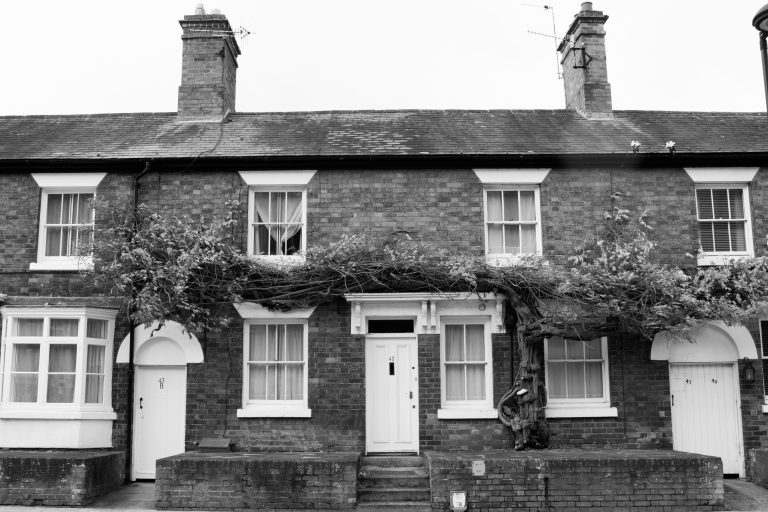There are so many key terms that float around the property world, that understanding them feels like a task in itself. So with this we’ll take you through the differences between a freeholder and a leaseholder, and how it can affect how much control you ultimately have with a property.
What is a Freeholder?
A freeholder of a property owns the property outright. This includes the lands it’s built on. If you buy a freehold you need to maintain the property and the land, so this needs to be considered in cost.
Because the freeholder owns the property outright, you never need to worry about the lease running out. This also means that you never have to deal with a landlord or the owner of the property whenever you wish to make changes, which gives you the final say of what happens to the land and your property.
This is ultimately beneficial as you have entire control over how the property is maintained, designed and built. However, this often comes at the financial burden that should anything happen to the property you are solely responsible for any issues that arise.
What is a Leaseholder?
A leaseholder owns the property but not the land it’s built on. A leasehold is a common form of ownership for apartments and flats as maintaining the building becomes the responsibility of the landlord. Despite this, you do pay ground rent, service charges and maintenance fees.
While in the long-term being a leaseholder can be financially beneficially, ultimately, the ownership of the property, and the independence that comes with this, falls to the freeholder. As such, being a leaseholder can make it difficult to customise a property to any requirements without approval from the freeholder.
Ultimately, understanding the differences between freeholders and leasehold properties is crucial when purchasing a property as it massively limits your area of influence on the property. Typically, houses are sold as freehold properties, though for HMOs or if in the instance of converting into blocks, these properties can either be freehold or leasehold, so knowing the difference can be vital.


